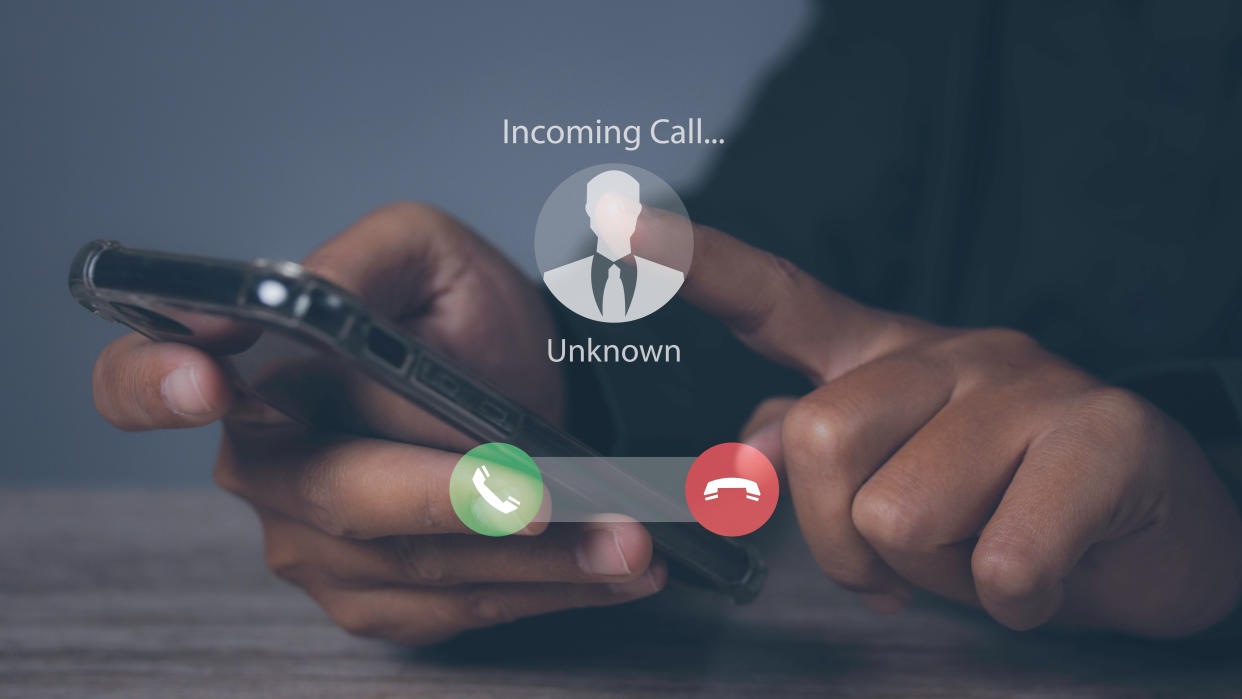FTC just issued warning over this scam stealing thousands from Americans — how to stay safe

Government agencies rarely call you on the phone, which is why the U.S. Federal Trade Commission (FTC) has issued a new warning regarding a scam that’s been used to fleece unsuspecting Americans out of thousands of dollars.
As reported by BleepingComputer, scammers have been impersonating the FTC over the phone for the last five years and while the median loss per call was $3,000 in 2019, it’s risen to $7,000 per call in 2024.
For instance, last year the FBI’s Internet Crime Complaint Center (IC3) received more than 14,000 complaints that scammers were impersonating government employees. Combined, they led to losses of over $394 million dollars representing a 63 percent increase compared to similar scams during the previous year.
Here’s everything you need to know about these scam calls impersonating the FTC and other government agencies along with some tips on how you can avoid falling victim to one of these calls yourself.
Adding legitimacy to scam calls

Just like in phishing emails, the person on the other end of a phone call could easily be impersonating a government employee. Likewise, in the same way that cybercriminals use spoofed email addresses, it’s easy enough to make a phone call appear as if it’s coming from a government-controlled phone line.
One of the reasons that these recent FTC scam calls have been so successful, though, is that scammers behind them have taken to impersonating actual agency personnel. This way, even if you look up their full name online during the call, you’ll find the profile of a real government employee. This adds legitimacy to these scam calls and makes it easier for unsuspecting Americans to fall victim to them.
Once one of these scammers has managed to trick a victim into believing they are an actual FTC employee, they then coerce them into transferring or wiring money in a bid to protect it. In a press release, the FTC points out that it will “never send consumers to a Bitcoin ATM, tell them to go buy gold bars, or demand they withdraw cash and take it to someone in person.” The agency went a step further though and explained that it will also “never contact consumers to demand money, threaten to arrest or deport them, or promise a prize.”
If someone who does claim to work for the FTC makes any of these demands or threats, you can easily rest assured that they are a scammer and not from the actual government agency, regardless of how convincing they may sound over the phone.
How to stay safe from scammers

The first and most important thing to do when you have even a sneaking suspicion that you may be interacting with a scammer, either on the phone or online, is to keep a level head. Scammers and cybercriminals both like to try and instill a sense of urgency to get you to go along with their schemes.
If you keep your wits about you and don’t let your emotions get the best of you, you’ll be in a much better position to recognize that a scam is indeed a scam instead of falling for it. Regardless of what information a scammer presents you with, you need to remember that government agencies and their employees will rarely if ever contact you over the phone. With tax season coming up, this is important to keep in mind as IRS scams are likely already ramping up ahead of tax day.
When it comes to online scams, you want to avoid clicking on any links or downloading any attachments sent to you from unknown senders. This is because they could either take you to a phishing website designed to steal your personal information or they could contain dangerous malware. You also need to be wary about messages from both friends and family that you haven’t spoken to in a while as these can also be used for scams like with the look who died scam we reported on last year.
Another thing you want to look out for is scammers trying to gain access to your computer. This is a common tactic used in tech support scams where cybercriminals have you install remote access software and then use it to steal personal data, documents and other files from your computer.
Scammers have also started including phone numbers in their phishing emails with the hope that unsuspecting victims may call them back. You see this a lot with unpaid invoice scams, for instance. Under no circumstance should you ever call a number included on an invoice or email for a product or service you didn’t personally purchase.
Despite the best efforts of the FTC, FBI and other government agencies, scammers aren’t going to stop anytime soon as they continue to make loads of money tricking people into falling for their schemes. This is why you need to be proactive while keeping a level head when dealing with any phone call, email, text or message from a person you don’t know and even the ones you do. It could be a scammer on the other end looking to con you out of your hard-earned cash.
